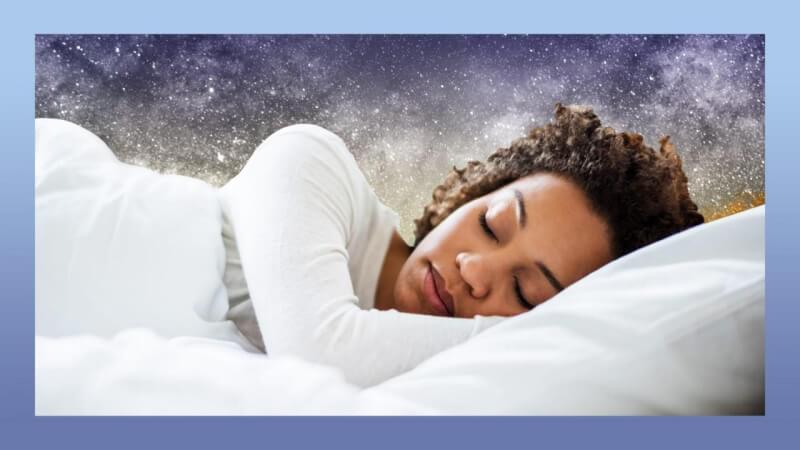As we age, our sleep patterns can change, often making it challenging for seniors to fall asleep or stay asleep throughout the night. Fortunately, a variety of sleep aids can enhance sleep quality and boost overall health in the elderly. This comprehensive guide explores some of the top sleep aids designed specifically for seniors.

Key Factors to Consider When Choosing a Sleep Aid
Selecting a sleep aid should be a thoughtful process, considering several crucial factors that align with your unique needs and preferences. Here are some essential points to consider:
Medical History: Engage in an open discussion about any pre-existing medical conditions or medications with your healthcare provider before incorporating any new supplements or drugs into your routine.
Allergies/Sensitivities: Carefully examine product labels if you are allergic or sensitive to certain ingredients.
Side Effects: Sleep aids can have varying side effects, such as grogginess upon waking or memory issues. Therefore, it’s vital to balance the potential risks against their benefits.
Natural Sleep Aids for Seniors
Many seniors prefer natural remedies over prescription medications to avoid potential side effects and interactions with other prescription drugs. Here are some natural alternatives that may enhance your sleep quality:
Melatonin: A popular natural choice for promoting healthy circadian rhythms, with studies indicating that melatonin can significantly improve subjective measures related to nighttime rest within a month.
Chamomile Tea: Chamomile has calming properties that help reduce anxiety by diminishing inflammation in the body.
Lavender Essential Oil: Inhalation of lavender oil has been found effective in promoting slow-wave deep sleep.
Over-the-Counter (OTC) Sleep Aids
If natural remedies do not suffice, OTC sleep aids, when used under a doctor’s guidance, could be a viable option for those grappling with occasional sleeplessness. Here are some commonly used OTC options:
Diphenhydramine/Benadryl: An antihistamine known to induce drowsiness.
Doxylamine: A key ingredient in many nighttime cold and flu medications that promotes sedation.
Valerian Root: A plant-based supplement shown to enhance sleep quality and relaxation.
Prescription Sleep Medications for Seniors
Prescription sleep aids, to be used under strict medical supervision, can be beneficial for those suffering from chronic insomnia, either short-term or long-term. Recent studies, however, suggest being cautious due to potential side effects like grogginess and memory issues. Common prescription medications include:
Zolpidem (Ambien): Frequently prescribed for individuals who wake up often during the night as it functions by slowing brain activity.
Eszopiclone (Lunesta): Similar to Ambien, Lunesta is a nonbenzodiazepine hypnotic drug that enhances sleep duration by boosting signals between neurons involved in circadian rhythm regulation.
Conclusion
Improving your sleep quality as you age doesn’t have to be a struggle. There are numerous solutions available—from natural supplements like melatonin or aromatherapy to over-the-counter remedies, behavioral modifications, or prescription sleeping pills for more serious concerns. However, it is essential to consult your healthcare provider before trying any new products as factors like existing medical conditions or interactions with other medications you’re currently taking may come into play.
FAQs
Some of the most effective natural sleep aids for seniors include chamomile tea, lavender essential oils, melatonin supplements, and valerian root. These options have been shown to improve sleep quality without causing harmful side effects.
Prescription sleeping pills can be effective in treating insomnia in seniors; however, they should only be used under the guidance of a healthcare provider. It is important to note that many prescription medications have potential side effects such as dizziness and confusion that may increase fall risk in older adults.
Yes! Regular exercise has been shown to promote better overall health and improve sleep quality in older adults. Participating in physical activities such as walking, yoga or tai chi on a daily basis can serve as an effective non-pharmacologic therapeutic approach for managing insomnia symptoms among senior citizens.
